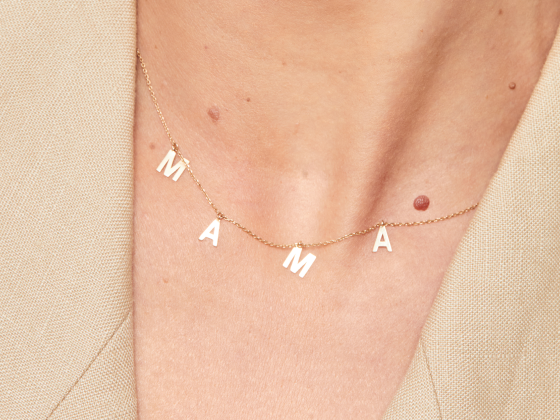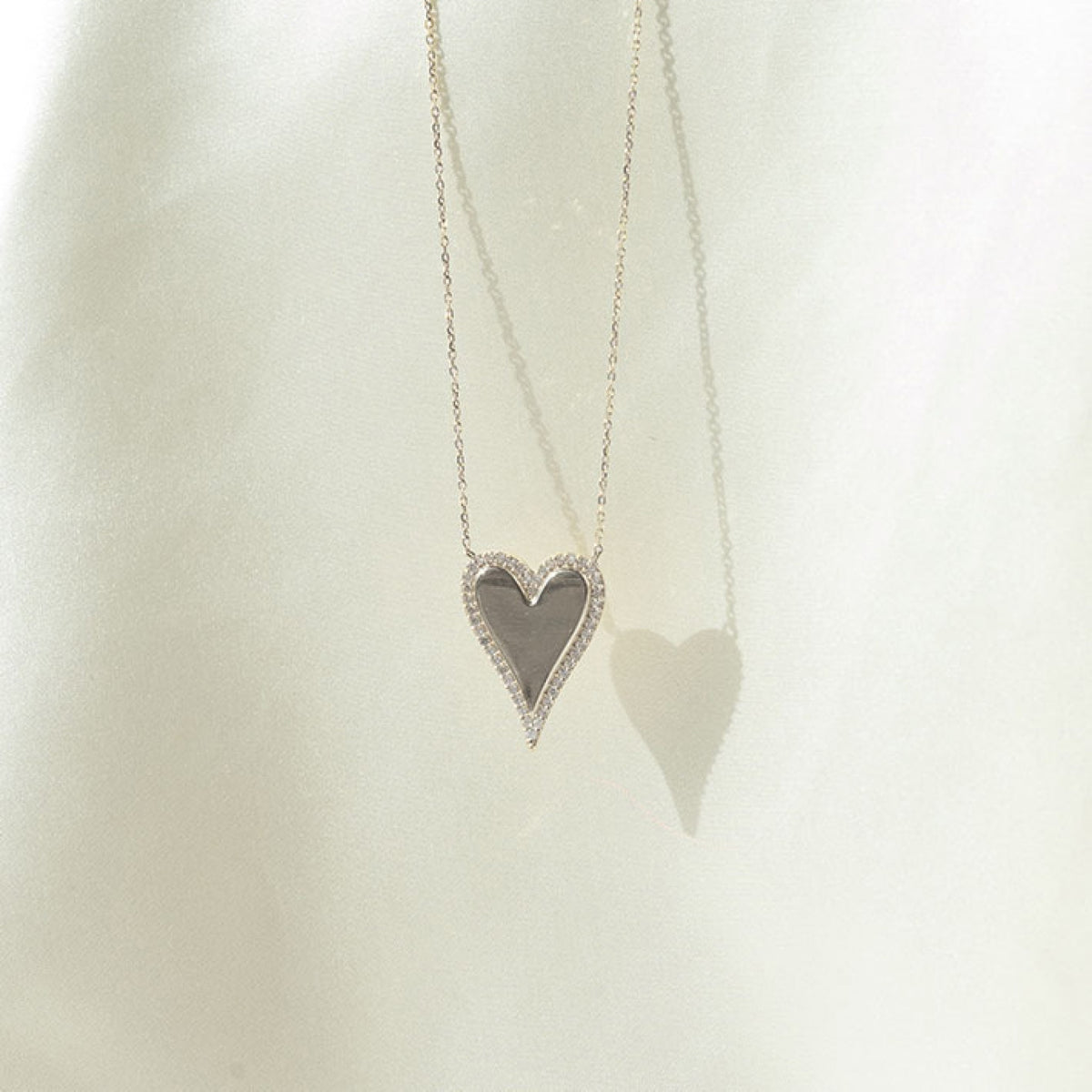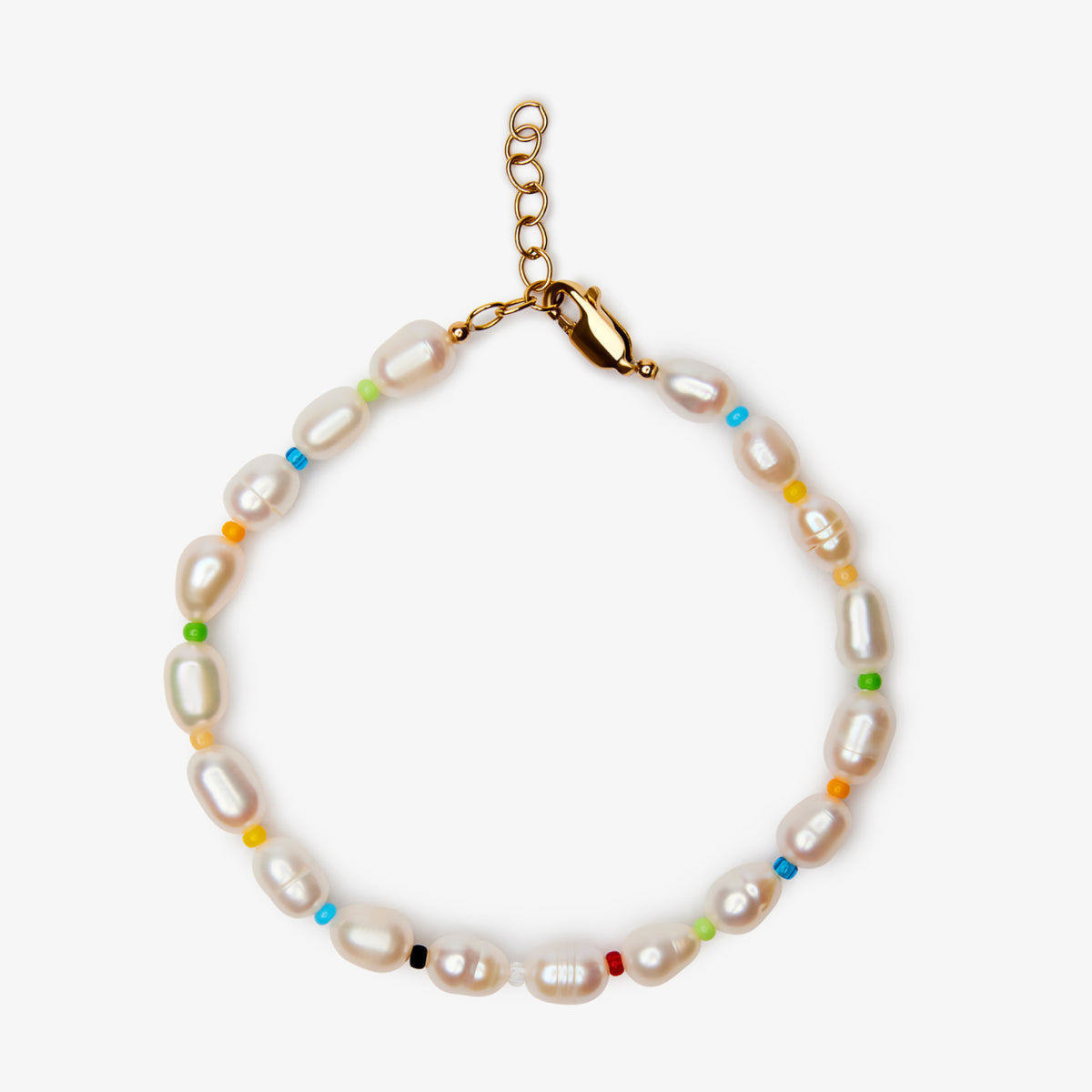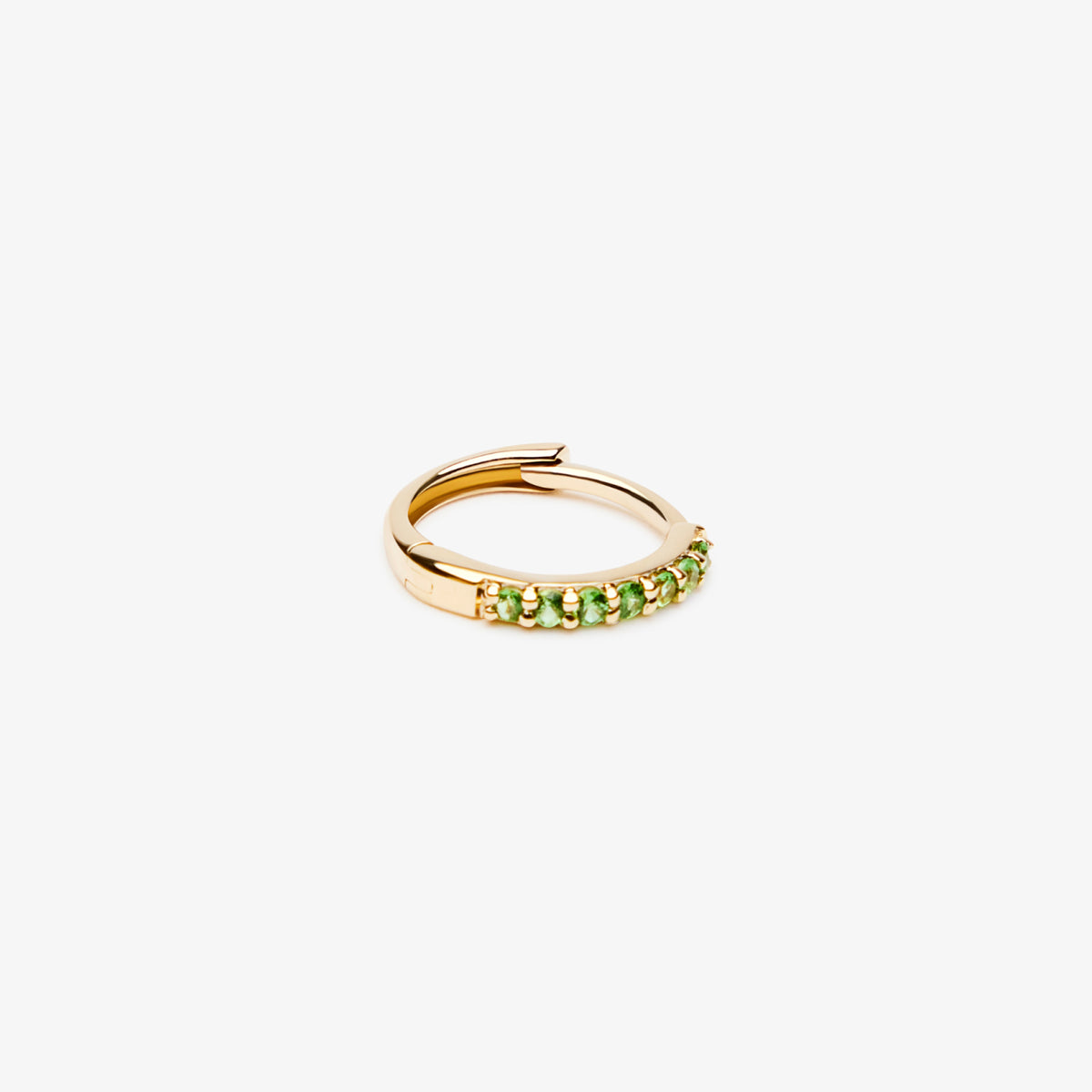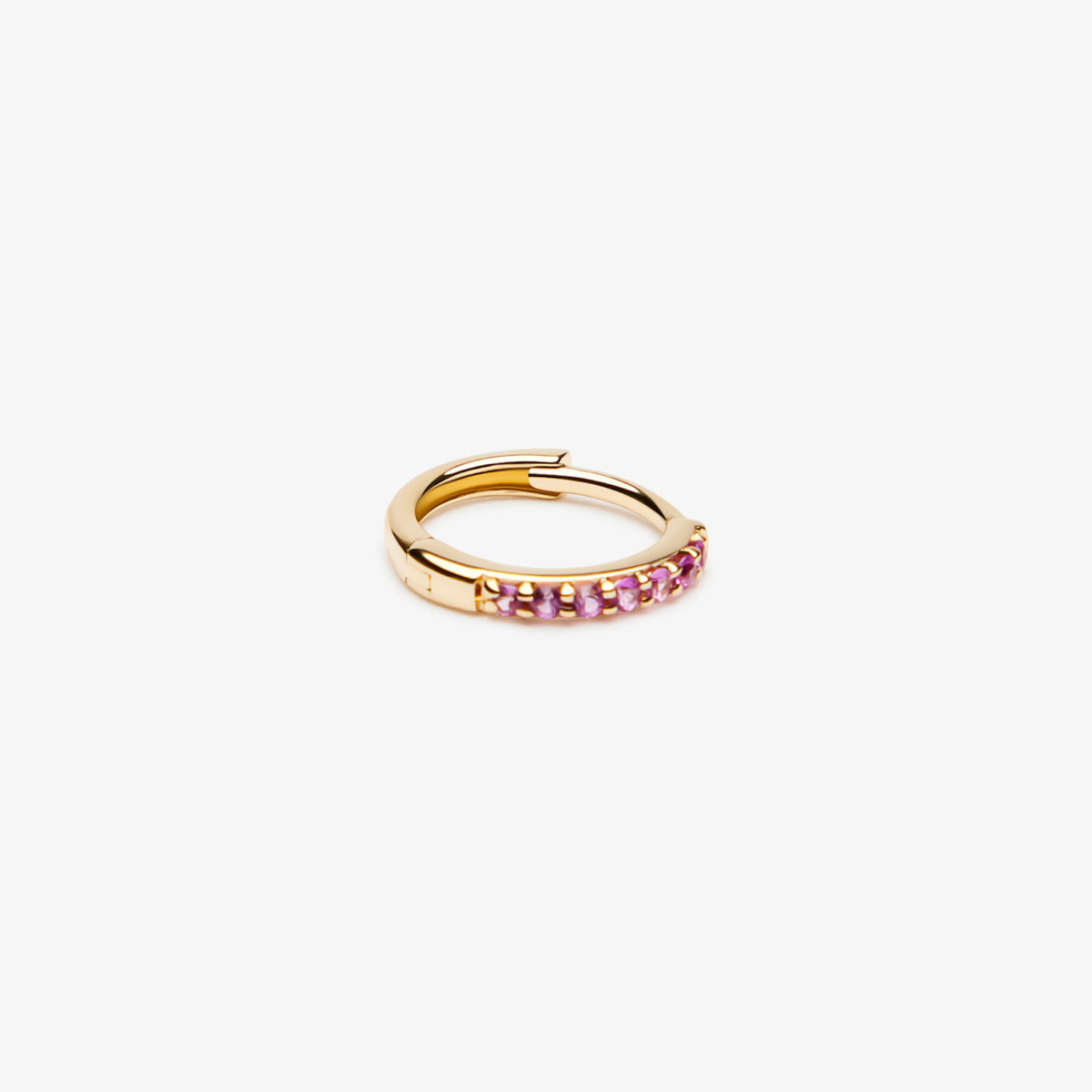It sounds like some sort of confusing paradox. How can positivity be toxic? Our entire lives, we’ve been told to “always look at the bright side” and “put on a happy face” whenever things don’t go our way. Hell, many of us aspire to be like celebrities and social media personalities, who seemingly see the world through rose-tinted glasses while they bombard us with inspirational quotes in hopes that we too may change how we see the world. How can that kind of positivity be bad? It seems like being positive and seeing the bright side in every situation would be a refreshing mindset, but forced positivity can be toxic for not only our well-being, but for our relationships, too.
Toxic Positivity is the propensity to reject or suppress negative emotions and replace them with false reassurances. It can be tempting to replace sad feelings with happy and positive thoughts because they make us feel good but when we suppress certain emotions, we are not whole, and we are likely doing our mental health a disservice. This tendency to replace negative emotions with these false reassurances, like “everything happens for a reason” and “some people have it way worse than me” has caused us to feel uncomfortable and avoid certain feelings. Suppressing these healthy negative feelings for prolonged periods of time does not eliminate the problem, they just manifest in different ways through our mental health, specifically anxiety and depression.
Toxic positivity, however, doesn’t only affect our own mental health but can have profoundly negative (or toxic) effects on our children, friends, and anyone else with whom we interact. When someone experiences a great loss, telling them “everything happens for a reason”, despite how well-intentioned the gesture may be, ultimately makes the mourner feel that their emotions are invalid or unwelcome. Sometimes people really just want to be heard and to be supported. Not every problem needs a solution, sometimes they just need to be understood.
Unfortunately, this is a habit ingrained in many of us from a young age, and we continue to pass this habit onto our children by rewarding the way they react when they feel happy emotions, and punishing or scolding reactions stemmed by negative emotions. Learning to accept and deal with a full spectrum of feelings is an important stage of development, and when we pass toxic positivity onto our children, they don’t learn how to cope with anything other than positive emotions. We see this manifest in the form of intense reactions like tantrums and mood-swings or in more serious mental health conditions.
When we don’t recognize toxic positivity and our reactions to negative situations as children, we develop into adults that carry those traits into relationships with our friends, partners, and colleagues. It seems like a leap, but it’s easy to jump from brushing off negative things in intimate relationships to suddenly finding yourself in a toxic one. For example, if you’re consistently being told “it could be so much worse” or “we have such a healthy relationship” when in reality you don’t, a negative relationship is easily painted as positive.
In terms of recognizing instances of toxic positivity, there’s no need to panic or over-analyze. Just begin by reassuring yourself that it’s okay to feel angry, or sad, or anxious rather than trying to spin it positively or justifying something that is clearly toxic. If you're reacting to a negative emotion, take a moment to understand why it's negative to you, rather than trying to spin it into a positive light immediately. These are healthy emotions, despite how uncomfortable they may feel in the moment, and this is the first step to creating a healthy environment where discovering a full spectrum of emotions is encouraged in your daily life.
Positive thoughts and inspirational quotes, although helpful resources in times of adversity, are not a replacement for mental health services nor are they a healthy alternative to negative emotions. There is no alternative to negative emotions. They need to be dealt with at one point or another so accept all emotions as they come, rather than waiting for them to fester and spread to a damaging level. Finding outlets when you’re feeling angry or sad, like writing in a journal, kick-boxing, or regularly speaking with a therapist, are much healthier options to dealing with uncomfortable feelings than reassuring yourself (or others) that “everything happens for a reason.”






